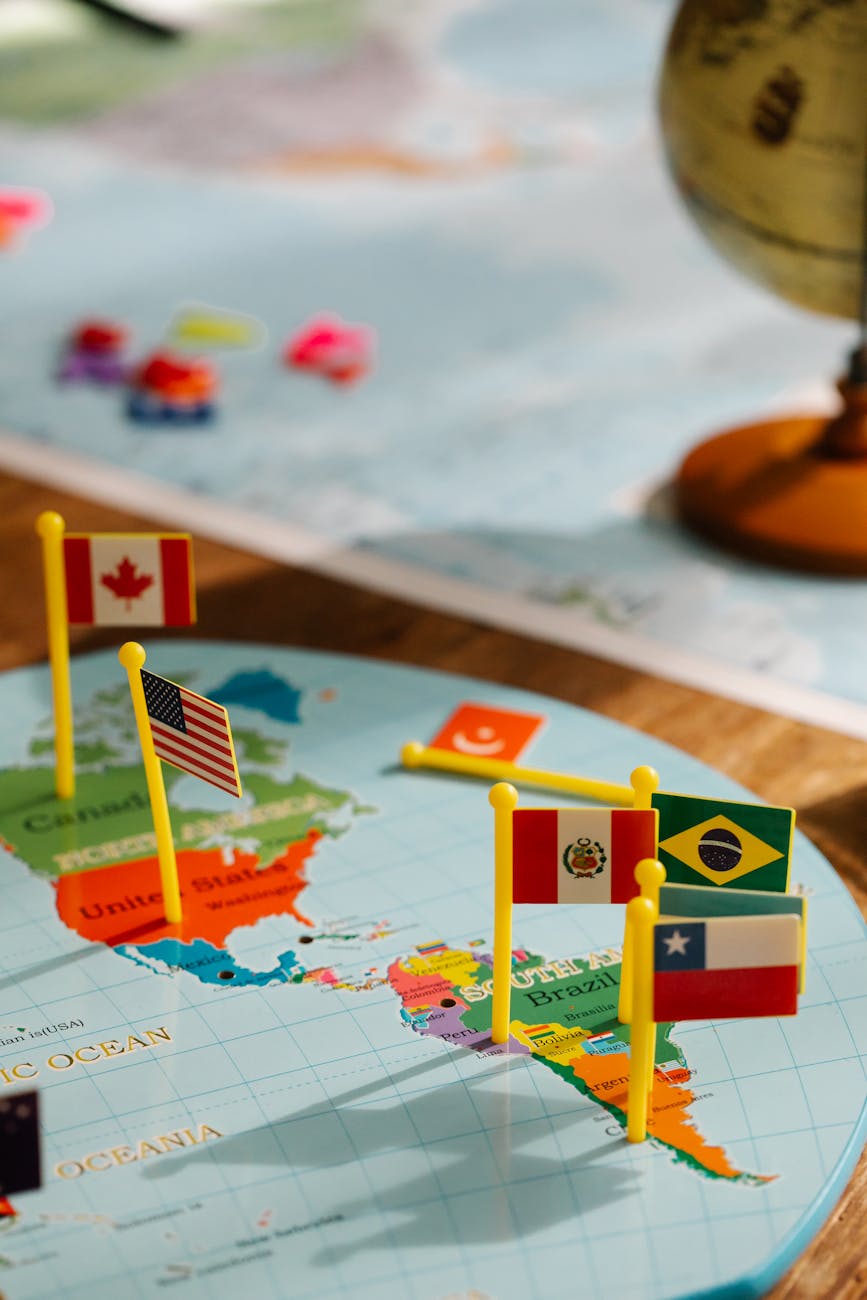Canada between the great powers
It would have seemed implausible not long ago, the leaders of Canada and China standing together, pledging to rebuild ties after years of diplomatic estrangement. Yet, in 2025, a pragmatic thaw is taking shape between Ottawa and Beijing.
Relations between the two countries collapsed in 2018 following the arrest of Huawei executive Meng Wanzhou in Vancouver at Washington’s request, and the subsequent detention of Canadians Michael Kovrig and Michael Spavor in China. The episode left deep scars and hardened mistrust on both sides. But in recent months, both governments have shown signs of cautious re-engagement, driven less by sentiment and more by necessity.
The most notable signal came when Prime Minister Mark Carney met Chinese President Xi Jinping on the sidelines of the Asia-Pacific Economic Cooperation (APEC) summit in South Korea. It was the first such encounter in eight years, and both sides described it as a turning point. Diplomatic exchanges have since intensified, including high-level ministerial visits and China’s reinstatement of Canada on its list of approved travel destinations, whcih is a symbolic yet meaningful step toward normalization.
Behind this diplomatic choreography lies a harsh economic reality. Canada, long dependent on trade with the United States, has found itself increasingly at odds with Washington under President Donald Trump’s renewed protectionism. The U.S. decision to halt trade negotiations and impose tariffs on Canadian goods has left Ottawa searching for alternative markets.
China, meanwhile, has its own incentives. Faced with sluggish growth and an uncertain global environment, Beijing is eager to mend fences with Western nations and rebuild export channels. Its retaliatory tariffs on Canadian agricultural products, including a 100% levy on canola oil and seed, have hurt both economies. By signaling willingness to reset ties, Beijing may be seeking to relieve economic pressure while also exploiting divisions among Western allies.
Analysts note that Beijing’s outreach to Canada is part of a broader effort to drive wedges within the Western alliance. As Michael Kovrig, a former Canadian diplomat detained in China, observed, “The last thing China wants is a strong and united West trying to constrain China’s global ambitions.”
This aligns with a more flexible foreign policy under Xi, who has recently adopted a pragmatic tone toward several U.S. partners, including South Korea and Australia. The message is clear: China is not retreating from global competition, but it is willing to engage selectively with countries that show independence from Washington’s agenda.
For Canada, the situation is complex. Public opinion remains skeptical of China, especially over human rights issues and cybersecurity concerns. Yet, the economic calculus is changing. With both the U.S. and China imposing tariffs on key Canadian exports, Ottawa faces a geopolitical Rubik’s cube, balancing its security alliance with the United States while protecting its own economic resilience.
Experts caution that while re-engagement offers short-term relief, it carries risks. Beijing is likely to attach political conditions to any deepening of ties, particularly on sensitive issues such as Taiwan and human rights. Ottawa’s challenge is to pursue cooperation without compromising its values or alienating its closest ally.
Some Canadian policymakers view this renewed diplomacy as a chance to diversify economic partnerships and reduce overdependence on the U.S. Others see it as a risky maneuver that could further isolate Canada from its traditional allies. As Fen Hampson of Carleton University noted, “If you stop recognizing your economic relationships with your closest neighbors and trading partners, don’t be surprised if they start hedging their bets by doing business and striking deals with your principal geopolitical rival.”
Ultimately, Canada’s outreach to China reflects a broader global realignment, where middle powers seek to navigate between competing giants. The world is entering an era where pragmatic engagement often trumps ideological alignment. For Ottawa, the goal is not to choose sides but to secure space for maneuver, preserving national interests in a world where economic and geopolitical fault lines are shifting faster than ever. The Canada–China rapprochement may not signal friendship, but it does mark an adjustment to new realities. In a turbulent global order, strategic flexibility may be the most valuable currency of all.
